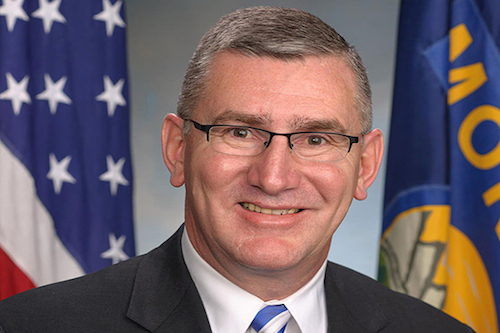It is extremely generous of the New York Times to say that Montana Senator John Walsh “confronts questions of plagiarism,” given that the last 800 words of his master’s thesis are taken verbatim from a paper published by the Carnegie Endowment for International Peace. The document that Walsh turned in to get his degree from the US Army War College in 2007 contains several uncited passages from related papers on the internet, along with several passages that are footnoted but not quoted, despite being copied from the original sources word-for-word. I encourage you to read the Times article, if only to get a sense of what a mash-up Walsh’s thesis appears to be. There’s also a rad denial from the Senator himself, but you’ll have to click on the jump to read that.
Tag Archives: thesis
Geoff Dyer puts Michael Fried, academic writing on blast
Holy crap, you guys: Geoff Dyer, author of the masterful Out of Sheer Rage and a bunch of other rad books, now has a regular column in the New York Times Book Review. His inaugural piece is a brutal assessment of academic writing as perfected by Michael Fried, whose Why Photography Matters as Art as Never Before tells you what you need to know about the author’s prose pretty much from the title. If you take out the adverbial clauses, you’re left with “Photography Matters.” Also, when we’re talking about photography mattering as never before, we’re looking at a window of about 170 years, since it definitely did not matter before the invention of the daguerrotype camera. These flaws distract from the big fissure, though: Fried’s borderline compulsive tendency to say what he will set out to accomplish, recap what he has argued, explain what he is not saying, et cetera. Dyer does a fine job of eviscerating this convention of academic and critical writing, and in doing so indirectly indicts the cornerstone of writing instruction: the thesis statement.


